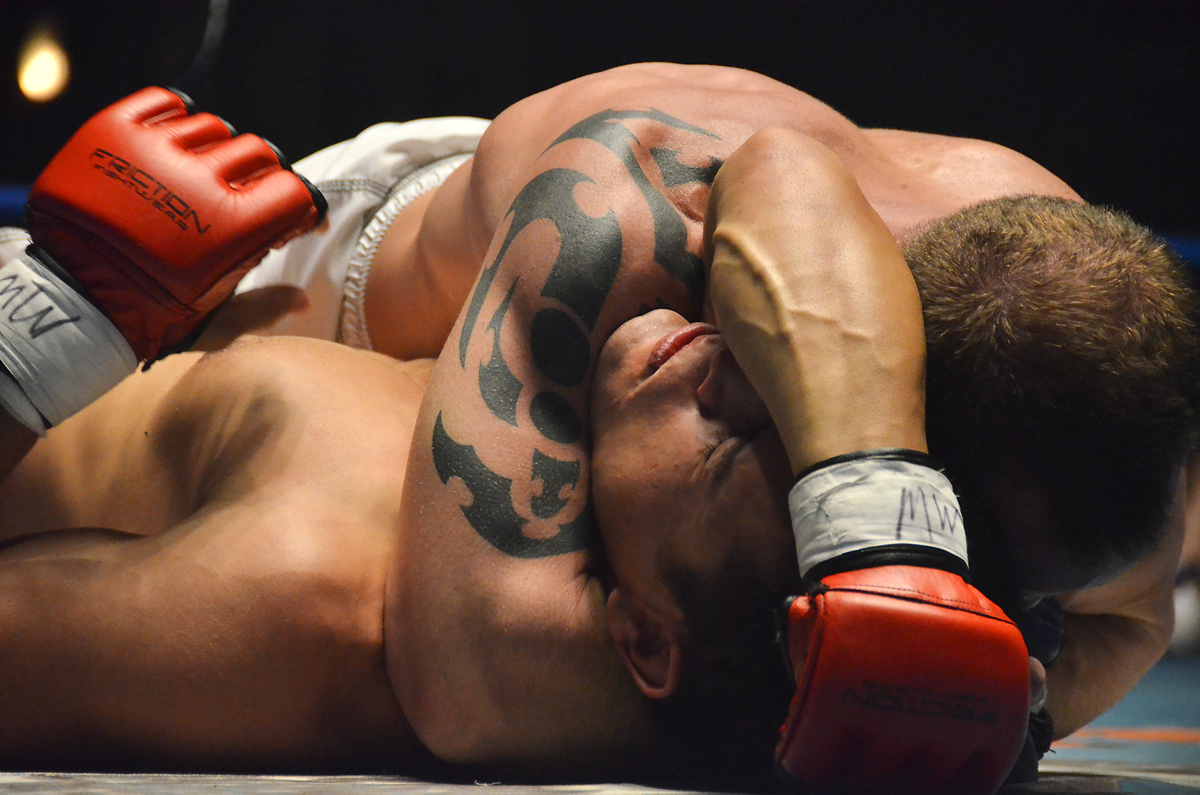Rolling as a coach: Beginner
A typical BJJ session involves warmup, some sort of isolation training/drilling followed by rolling (integration). My previous post talked about drilling and there is lots of good detail in Matt Thornton’s Notes on Drilling. The next three posts will focus on rolling and my approach to rolling with the people I help train.
For these posts I will speak in generalities and categorise students as either beginners, intermediate or advanced. The way I behave with each group is different, and is more involved than simply going light with the beginners and heavy with those who are advanced. Each group has different needs and I have to roll in a way that helps them to meet those needs.
There are three concepts that I want a beginner to learn. Safety, ego control and understanding the bigger picture. These three concepts are intertwined, as is the way I teach them.
Safety. When someone is new to grappling they are enthusiastic yet uncoordinated on the ground. The more pressure they are under, the more intense they will become and accidental elbow strikes and the like start to happen. The way to deal with this is to keep the intensity down until their coordination improves. I keep my own intensity and strength at a low level when rolling beginners. This is often enough as they usually mimic my intensity.
Occasionally a beginner is too excited to notice that I am using low intensity. I react to this by simply controlling and immobilising (but not pressuring) him. Once he realises he is stuck, his intensity drops and he is able to focus again. A few words on how to technically escape are enough to continue the roll, usually at a reduced intensity level.
Ego Control. I’ve talked about ego previously. The best way to manage ego problems is early prevention. It is important to understand that tapping when rolling is just part of training. Feeling that it is a personal loss is a major contributor to ego problems. When rolling with a beginner, I tap often, I get swept often and I get put in inferior positions often. But my attitude never changes and my intensity never changes. It’s not a big deal. As one of our members said recently “Tapping is the easy part as it means you get to start again. It’s getting crushed under side control that really sucks”.
Ego control is closely related to safety. If tapping isn’t a big deal, you won’t resist a submission and hurt yourself and you won’t fight for a submission that isn’t there and hurt your training partner.
Understanding the bigger picture. I want a beginner to understand the importance of dominant position. I want them to pass the guard rather than trying to submit while inside it. I want them to have an active guard that gets them to a dominant position. Isolation training is good at breaking the game into small easy to understand chunks, but doing so misses the bigger picture. A beginner needs context to make sense of the moves and positions they are learning.
The best tool I’ve found to teach the big picture is operant conditioning. When I roll with a beginner and they attempt the right strategy, I’ll let them succeed with it regardless of whether it is technically correct or not. If they attempt a poor strategy it has no effect. If they’re under mount, a bridge and roll attempt has no effect but an elbow knee escape succeeds. A cross lapel choke from under guard won’t work, but a sweep will. Turning away to escape side control doesn’t work, but turning in allows them to regain guard.
I get swept, rolled, passed, submitted often when training this way. Note that this isn’t just “going light”. Only good strategy by the beginner is successful. If they attempt a bad strategy it is important that they don’t get punished for it. Punishing someone for bad choices just teaches them to stop making choices, it doesn’t help them learn what the correct choice is. If a beginner attempts an armbar from closed guard I don’t pass. Doing so would punish their attempt at doing something and result in them developing a stagnant guard. The armbar simply doesn’t work and they keep attempting things until they are eventually successful with a sweep.
As a coach, my time rolling with beginners is spent ensuring they learn to be safe, manage their ego and understand the big picture. At this stage, they’ll learn the technical details from the other people they roll with. When I train people who started at another gym, their problems are not usually technical but rather related to ego and not having an understanding of the bigger picture. Learning these areas early saves much frustration later.



Leave a Reply
Want to join the discussion?Feel free to contribute!